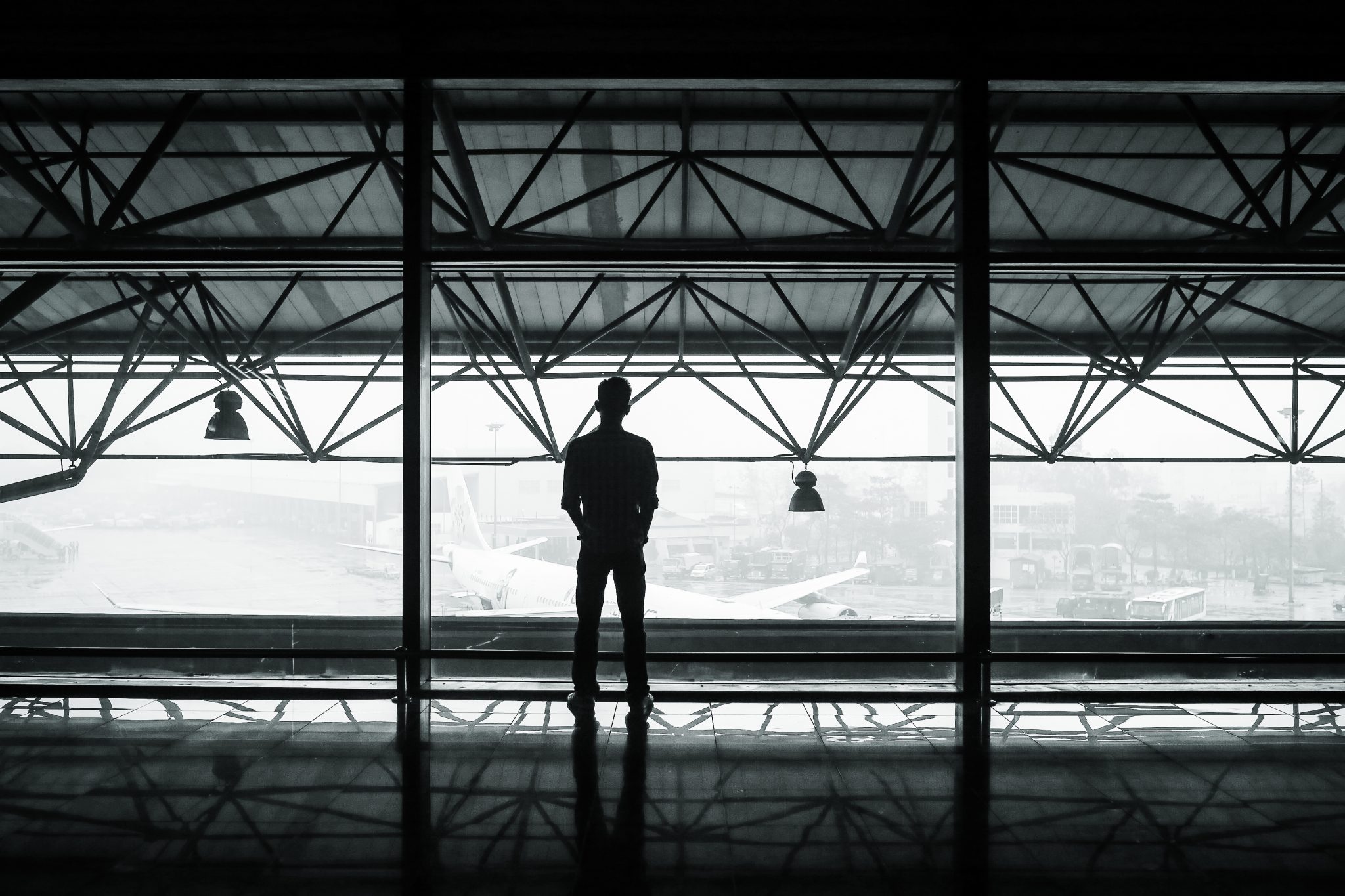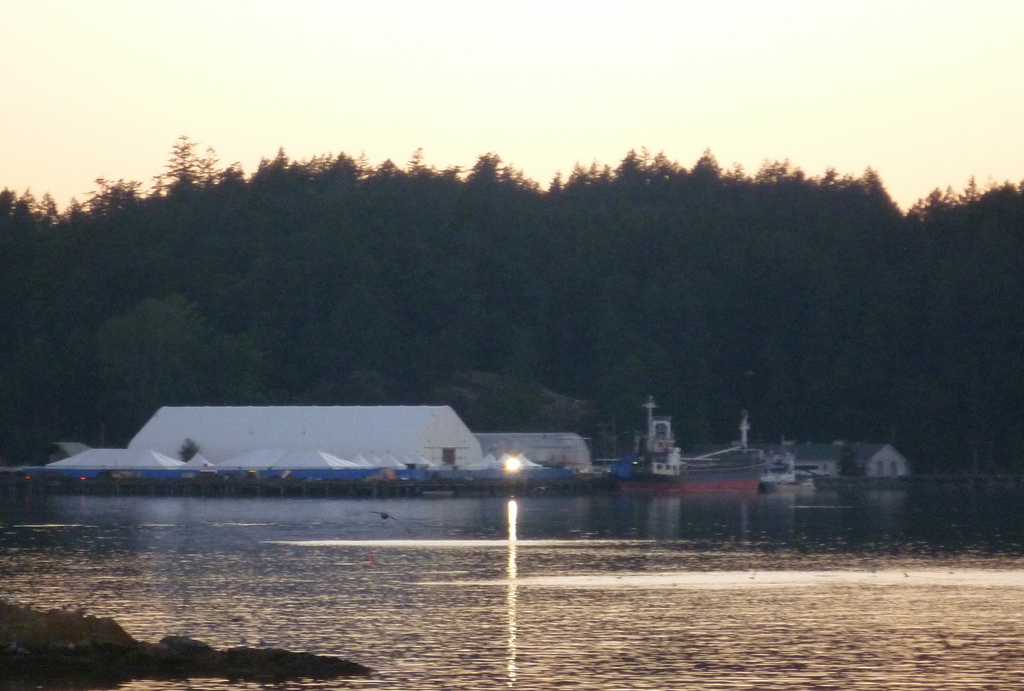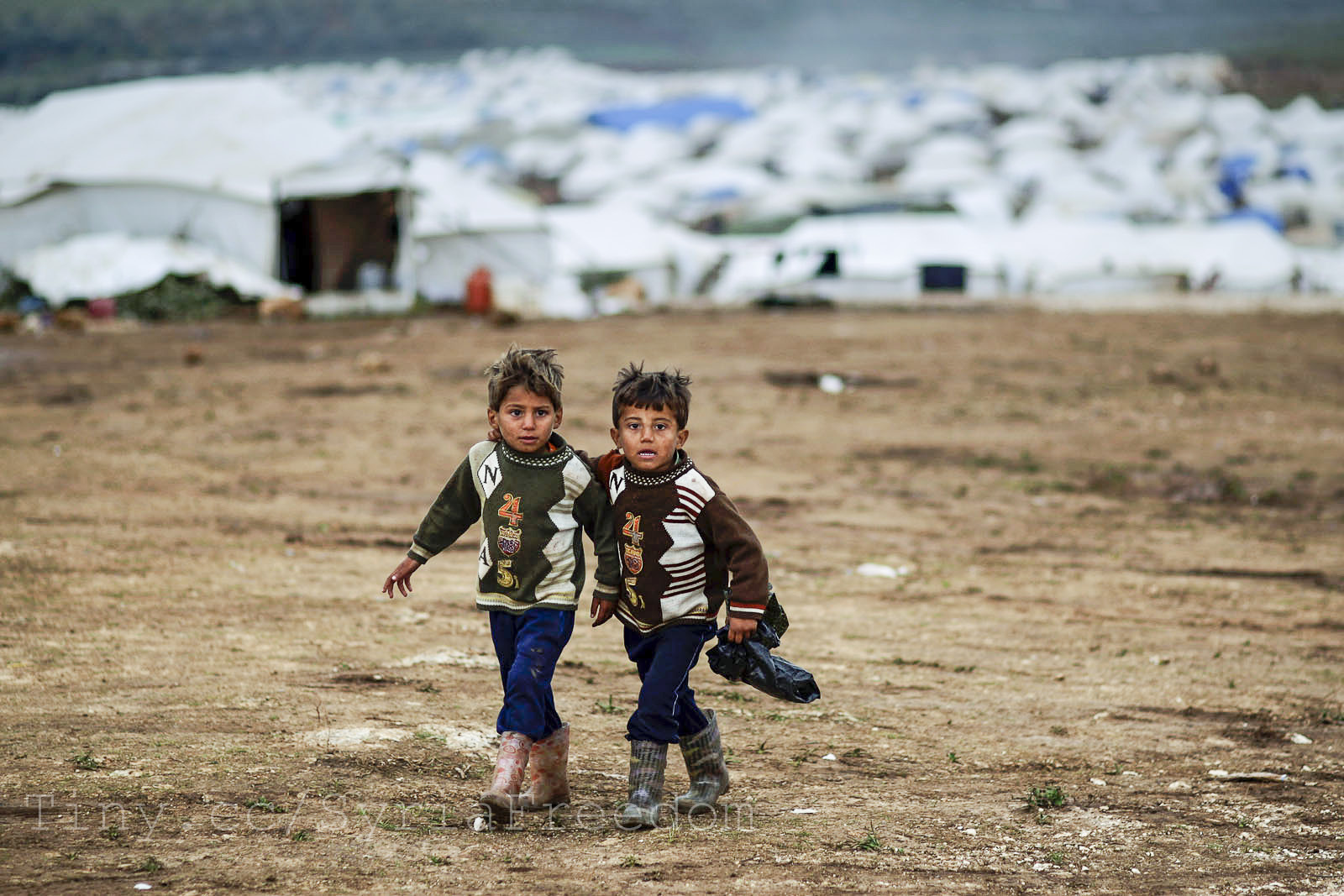Refugee Lawyer Discusses Six Barriers to Justice
Immigration Lawyers in Canada Painfully Aware of Limitations Refugee Claimants Face
According to immigration lawyers in Canada, people who come to Canada as refugee claimants face a tremendous number of barriers preventing them from accessing justice. As told by our top refugee lawyer, for our country’s immigration system to be truly fair to asylum seekers, these six barriers (paraphrased from this article) must be addressed:
Financial Insecurity
Claimants who arrive in a precarious financial situation are forced to rely on legal aid, which if granted only covers a portion of the cost of a refugee lawyer—and there is also the distinct possibility of not receiving any legal aid at all.
Shortened Timelines
In recent years, the application process for refugee claimants has become increasingly quick. While this might initially sound beneficial, it has had the opposite effect for many claimants, particularly those from Designated Countries of Origin. Even if they get representation from immigration lawyers in Canada, those lawyers will have very little time to build a case, especially if any important documentation was lost or left behind while fleeing.
Cost of Travel
Not all claimants arrive in a city with an Immigration and Refugee Board (IRB) location—and now that the IRB hearings office in Ottawa has been closed to reduce government spending, claimants in the region will need to travel to Montreal to have their case heard.
Claimant Vulnerability
Refugees who fled from persecution or violence based on gender or LGBTQ-based oppression face a more difficult time supporting their claim, even with the help of a refugee lawyer. The same is also true for claimants with disabilities, especially when proving disability is a time-consuming process in an already-short timeline. Abuse victims and sufferers of PTSD may have difficulty testifying, especially if cultural norms in their country of origin would prohibit discussion on the subject. People whose home countries have outlawed homosexuality or being transgender may not be able to prove their orientation or gender without corroborating evidence.
Public Perception
There are negative public attitudes towards migrants of any kind, and particularly towards refugees—it’s necessary to admit that these attitudes exist, so that they may be confronted. Perceptions of refugee claimants as fraudulent, and as “freeloaders” who wish to take advantage of our country’s resources and health care, are not only ill-informed, but also harmful: those reviewing an application are only human, and therefore not immune to having their own attitudes affected by these biases.
Limitations to Unsuccessful Claimants
If a claim has been denied by the IRB, the claimant and their refugee lawyer will be unable to take certain next steps for a period of one year. These include a humanitarian and compassionate application, as well as a pre-removal risk assessment, which is meant to prevent deportation back to life- or safety-threatening circumstances, including torture. In this one-year period, a claimant may face deportation.
To ensure the safety of refugee claimants who come to our country, these six barriers to justice must be addressed by government officials and immigration lawyers in Canada alike.
Refugee Law Office Calls for Action
Canada’s Restrictive Immigration System Needs to Change so that Lawyers Can Do their Jobs Effectively
It’s a solemn topic, and one that needs to be handled with respect to those who have suffered. But it’s also important to recognize that this is not a new development—this tragedy has been ongoing, and despite the efforts of refugee law offices, desperate families, and activists across our country, very little has been done about the tragedies that our own country has, however indirectly, helped to create. So far, of the 11,300 Syrian refugees that Immigration Minister Chris Alexander has promised to take in, only 2,300 have been accepted for immigration into Canada. This number is 200 shy of the number who have so far drowned attempting to flee to Europe by crossing the Mediterranean Sea. 2,500 drownings—including a three-year-old child, Aylan Kurdi.
The photos of Kurdi’s body, washed up on the shores of Turkey, or in the arms of a police officer, have been grotesquely paraded around on front pages and online links, and stirring up shock and outrage and promises by the people who either have or will soon have the power to change Canada’s immigration system. Of course, this refugee crisis is not directly our responsibility. Our joint military operations with the United States and the United Kingdom over the past 15 years have contributed to the conditions that have precipitated this war, but we are not the ones persecuting the Syrian people. However, we can do our part to prevent as many unnecessary deaths as possible. And where the opportunity to save lives exists, shouldn’t it always be taken?
The restrictive measures that have made it harder for refugees to come to Canada did not kill Aylan Kurdi and his family, nor would changing those have necessarily prevented their death, but doing away with these measures could save lives. At the very least it may give a refugee law office the tools it needs to help more people resettle into our borders. Paperwork should not be more important than human lives. A lost passport in a war-torn country should not strip someone of the right to live free from suffering and persecution.
Overhauling Citizenship and Immigration Canada’s restrictive practices in accepting refugees and asylum seekers may indeed become a hot-button issue in the current federal election. Regardless of the outcome in October, it is important that we come together as a country to do our part, calling upon our new Prime Minister and their cabinet and ministers to do everything they can to save as many lives as they can, and to empower refugee law offices to bring more asylum seekers to Canada.
We can do better than we have so far, if we do it together.
Refugee Lawyers on 5 Years of Change
Canadian Immigration Lawyers Mark Anniversary of 2010 Event that Changed Everything
It was a moment that no Canadian immigration lawyer is likely to soon forget: August 12, 2015 marked the five-year anniversary of the interception of the MV Sun Sea—a ship carrying 492 Sri Lankans seeking asylum in Canada’s borders. The incident was used as a scapegoat to justify sweeping reforms to the immigration system in Canada, and particularly the way our country deals with refugees. Access to Canada gradually became more restrictive than it had ever been before, beginning with the government’s handling of these 492 Sri Lankan people.
British Columbia-based refugee lawyer Gabriel Chand represented some of the asylum seekers that came on the MV Sun Sea. Most were granted refugee status, but two of his clients were denied—and one of them faced imprisonment, torture, and eventually murder upon their return to Sri Lanka. If nothing else, this failure on the part of our immigration officials serves as a counterargument by Canadian immigration lawyers against the overhauled system.
Under the new system, claimants and refugee lawyers have only 45 days to prove the legitimacy of a claim, decreased from the previously allotted six months. Even with the aid of a competent Canadian immigration lawyer, this can prove exceptionally difficult, especially when it requires proof that is nearly inaccessible across international boundaries.
Another consequence of the MV Sun Sea is policy that deems certain refugees as “irregular arrivals.” An irregular arrival is any that happens through any means other than what is considered typical when entering a country—but in situations of duress, may be the only way possible. A victim of political or religious persecution may face death or detainment in their home country when attempting to flee for their safety, or may have had their passport taken away. However, by failing to arrive at Canada’s borders in a more “usual” fashion, they will face up to a year of imprisonment, and if their claim is accepted, they will be barred from sponsoring family members or applying for permanent residency for five years.
Despite the difficulties faced by refugees in Canada over the past five years, there has been some good news recently. The “Designated Countries of Origin” policy, which stripped claimants from “safe” countries of their right to appeal (overlooking the fact that certain minority groups were being attacked or oppressed in several of these countries) was deemed unconstitutional by Canada’s Federal Court—a victory for claimants and refugee lawyers alike. However, there is still a long way to go, and the current federal election has put the case for health benefits for refugees—which the Conservatives have stripped as an “anti-fraud” measure—on hold until at least after October 19th, 2015.
Regardless of what the future holds for immigration policy in our country, Canadian immigration lawyers will continue protecting the rights of immigrants, refugees, and all others who come to our shores.
Permanent Resident Lawyers Seeing Delays for Foreign Students
Under the New System, Students Seeking Immigration to Canada are Suffering Unintended Consequences
The Express Entry system was introduced by Citizenship and Immigration Canada (CIC) with the goal of fast tracking the process of obtaining permanent residency in Canada. But for some–namely foreign nationals who have come to Canada to attend school–this has not been the case. Instead, permanent resident lawyers are seeing that these foreign students are experiencing some unintended consequences.
As permanent resident lawyers know, many immigrants from countries all over the world come to Canada to obtain an education, often with the hope of putting their skills to use in the Canadian workforce, and eventually becoming a permanent resident. Under Canada’s previous immigration policy, this path was clear-cut; but with Express Entry, this is no longer the case.
Before Express Entry, once a foreign student completed their study term, they could apply for a “post-graduate open work permit” allowing them to work anywhere in Canada. Once they had worked in a professional occupation for one full year, gaining valuable work experience, they were able to apply for permanent residence under the Canadian Experience Class, as long as the other requirements of the program were met. After a few months, this applicant would be approved to convert to a “bridging open work permit” until their permanent residency was finalized. Additionally, if for some reason this foreign student did not file for permanent residency during the course of their work permit, their employer could file for a Labour Market Impact Assessment (LMIA) with reduced criteria, since this student was most likely only working an entry level position.
This system provided foreign students with several options for immigration to Canada following their studies, and also gave employers the opportunity to retain their employees. Under Express Entry, it has become more difficult for these same foreign students to qualify for the LMIA, making the path to permanent residency much harder to navigate. Since most of these students have low points totals in the LMIA pool, due to an easily-explained lack of experience, they’re put at a clear disadvantage in an Express Entry draw.
While this system may level the playing field and expedite the permanent residency process among experienced professionals vying for a position in the Canadian job market, it puts students at a clear disadvantage. Permanent resident lawyers agree that this system does not allow for the transparency required to demonstrate the skills that these students acquired by attending a Canadian institution; it simply assigns a number of points and holds them to the same standards as other foreign nationals with more experience.
If you are a foreign student whose permanent residency application process has been affected by the new Express Entry system, contact a permanent resident lawyer today.
Immigration Lawyers in Canada Concerned About Syrian Refugees
A Refugee Law Office Weighs in on the Issue
In July 2013, former immigration minister Jason Kenney vowed to resettle 1,300 Syrian refugees into Canada by the end of the following year (1,100 were to be resettled by the private sector, while the government vowed to look after 200). The promise stemmed from one of the world’s biggest refugee crises (there are now 3.8 million Syrian refugees, making them the largest refugee population in the world and an estimated 11 million Syrians have been displaced from their homes since the county erupted in civil war in March 2011) and a plead from the United Nations for Canada’s assistance. Though immigration lawyers in Canada and almost every refugee law office took the promise with good faith, by November 2014 (one month away from the promised deadline) less than 500 refugees had been settled, a fact that generated much criticism from the public. It was not until March 2015 that the 2013 promise was finally met.
One of the explanations the Citizenship and Immigration department gave for the 2013 refugee resettlement delay was insufficient funding (according to the department the refugee resettlement assistance program’s budget is $54.9 million). As a result, many immigration lawyers in Canada and refugee law offices alike were surprised when, in January of this year, the government and new immigration minister, Chris Alexander, extended the promise to include 10,000 refugees over the next three years (the current promised date falls at the end of 2017). Of the 10,000 refugees, the government has promised to sponsor 40 percent while the remaining 60 percent will be taken care of by the private sector.
It’s been eight months since the government’s commitment and the answer every refugee law office wants to know is how much of this new quota has been met. Though the media and immigration lawyers in Canada have asked for a public answer, the government has stated they will only release the numbers to those who file a request for access to the information and pay a fee.
The government’s apparent lack of transparency on this issue, especially right on the heels of the delayed 2013 commitment, has immigration lawyers, refugee law offices and the public demanding answers. Several big media sources, who believe the public has a right to this updated information, have already spoken out on the subject.
For more information and advice on refugee resettlement in Canada, book a consultation with an experienced refugee law office today.





